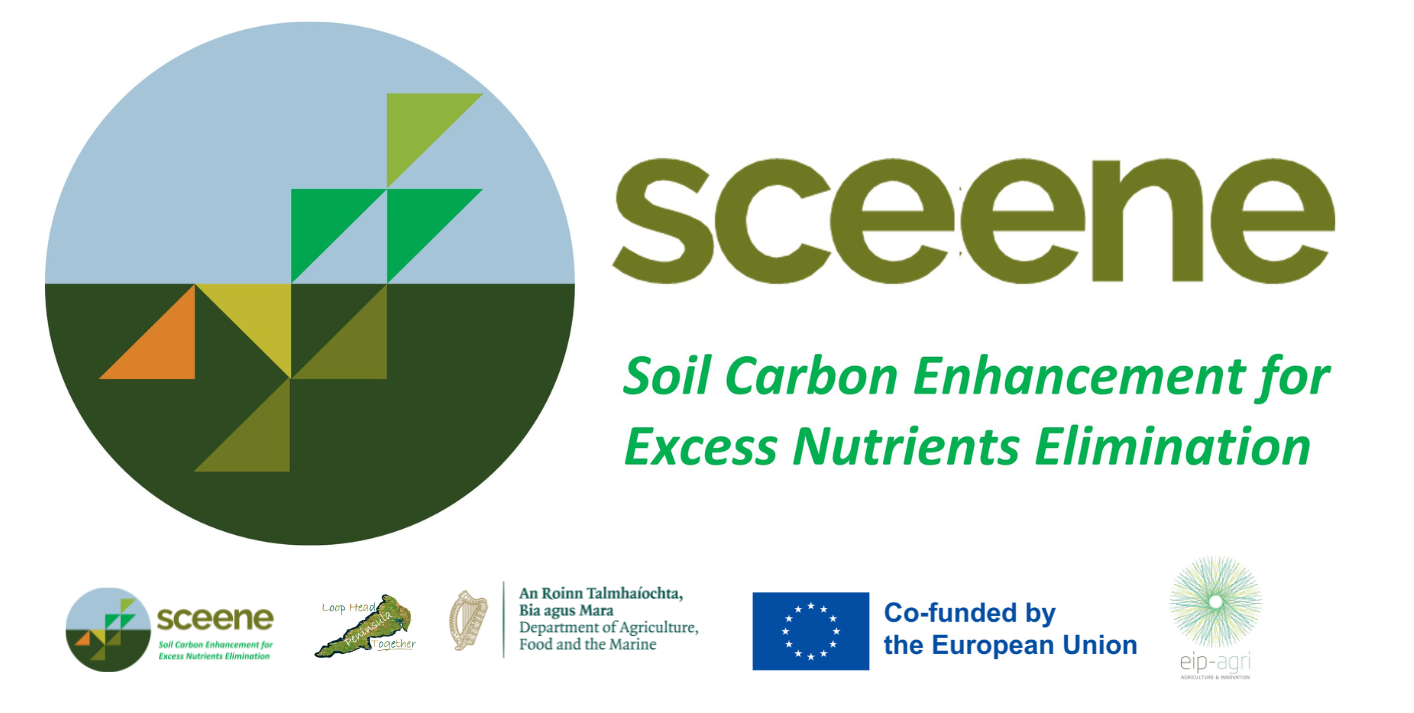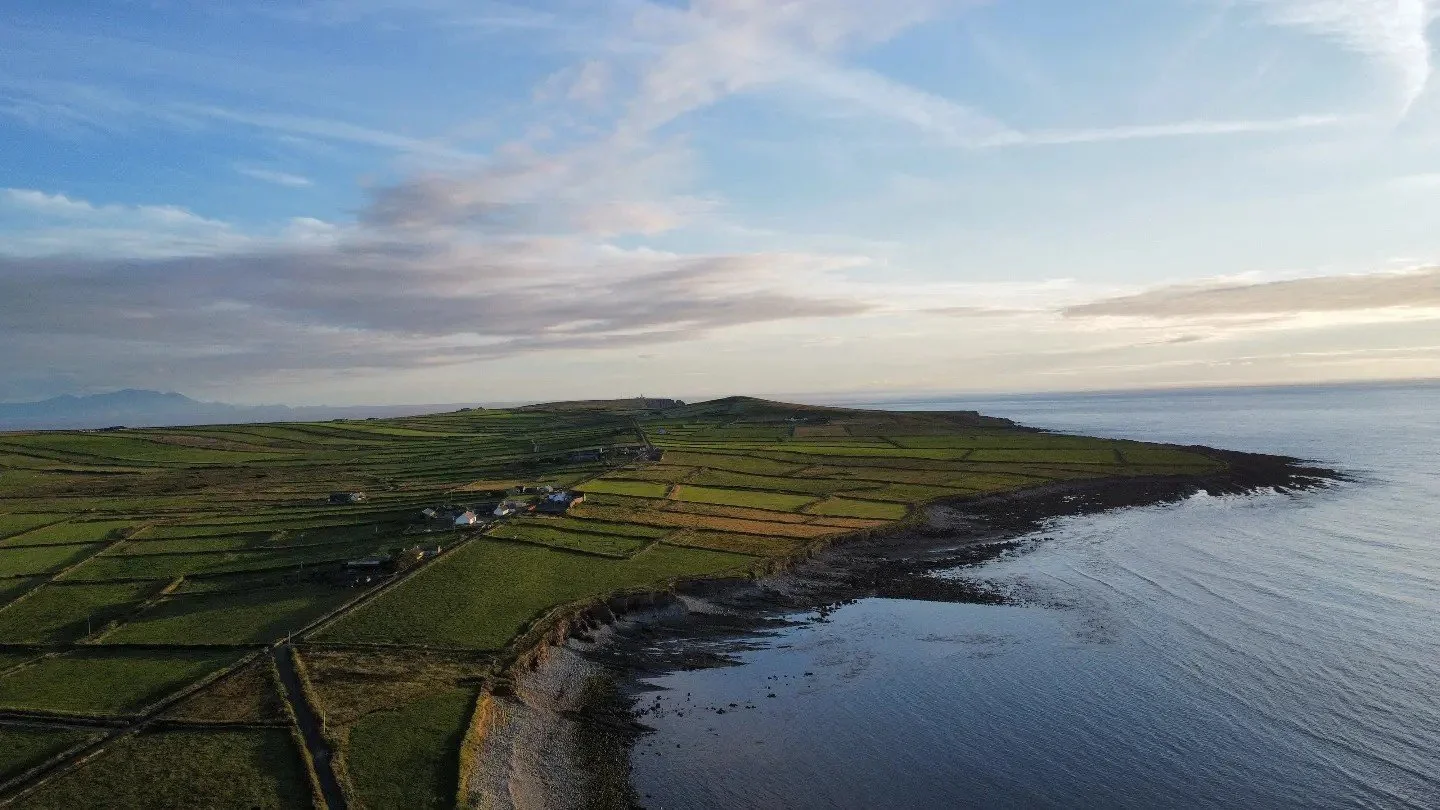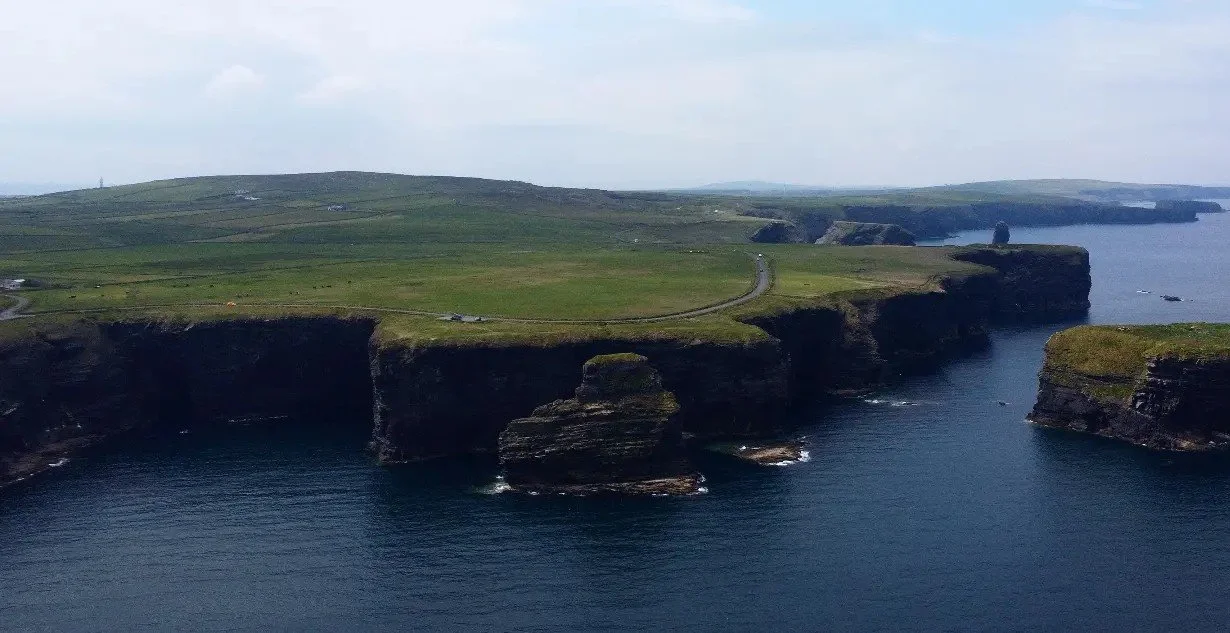What is the Sceene Approach?
The approach is centred on a community based, ecologically sustainable, circular farming system, that reduces environmental degradation, while creating long-term economic benefits. Delivery will take place across eight different work packages. Work will include the development of a biochar facility on the Loop Head peninsula, the development of biochar production and the formulation of fertilizer. It will include laboratory trials, and field trials, to fully analyse the interactions of biochar, field crops, and fungi. Field testing, of optimised inputs, will take place on the land of participating local farmers. The approach will focus on the mitigation of runoff, and undertake local catchment assessment work to monitor and quantify environmental impacts. The approach will also assess the economic and financial outcome of the work, and undertake comprehensive stakeholder engagement and training.
Operational Area: The EIP operational area is the Loop Head peninsula in West Clare. This area is also the designated decarbonizing zone in the recently adopted Climate Action Plan for County Clare. Selection was based on the socio-economic, physical, and environmental characteristics of the Loop Head peninsula. It is considered an appropriate demonstration area for rural decarbonisation measures to be adopted, and a demonstration area to highlight the potential for scaling up adoption across County Clare. The EIP will therefore, have wider relevance across County Clare and Ireland, and most especially in the coastal farming areas. The SCEENE EIP aims to address the environmental and agricultural sustainability challenges faced in such farming communities. Project delivery will ensure the work of the EIP, will be relevant across different farming systems.
Overall Aim of the Project
Overall Aim: The project will develop a circular, community-led approach, that leverages technological innovation, and ecosystem-based strategies, to tackle key farming challenges. Central to this vision, is the integration of biochar production from local organic waste, the use of mycorrhizal fungi, and the cultivation of carbon-sequestering crops. The goal is to transform farm waste into a valuable soil amendment, while simultaneously improving soil health, enhancing local water quality and water retention, while optimising carbon sequestration, and building economic resilience in the local farming community.
Project Goals: The SCEENE EIP will deliver on the following specific goals:
Nutrient Runoff Elimination: Use biochar and specific plants with long root systems to capture and store excess nutrients, preventing them from leaching into local waterbodies in the wider catchment.
Soil Health Enhancement: Improve soil structure, porosity, and microbial biodiversity using biochar and mycorrhizal fungi, particularly in the poorly drained gley soils of the region.
Carbon Sequestration: Use pyrolysis to lock carbon into biochar and integrate it into agricultural soils.
Innovative Fertiliser Development: Produce and test biochar-based fertilisers tailored to local farm needs.
Scalable Demonstration: Establish a demonstration facility and pyrolysis reactor to create replicable, decentralised systems viable for small and medium enterprises, including local SMEs.
Community-Led Action Research: Embed local stakeholders into the decision-making and knowledge-sharing process to ensure local applicability and ownership of the deliverables of the SCEENE EIP.


